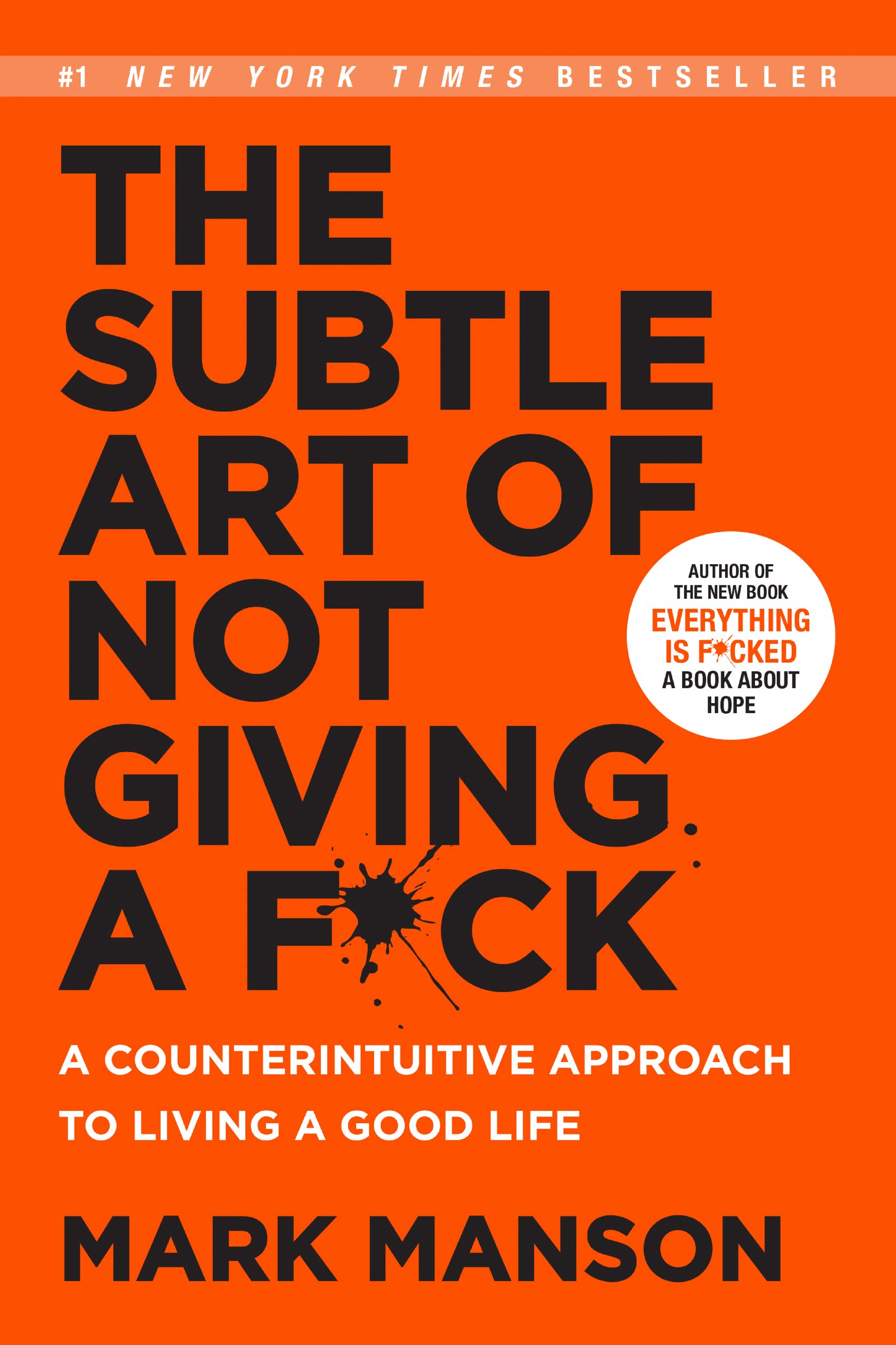Book Review : The Subtle Art of Not Giving a F*ck
- 3 mins
Book Review
-
I started reading this book with a lot of skepticism. I wondered what it could teach me. However, The Subtle Art of Not Giving a F#ck surprised me and changed my perspective on life. It does not have any ground breaking philosophy but the author explains philosophy using simple and direct statements. This book basically tells us to take things more lightly when taking them too seriously is detrimental.
-
This book can get preachy at times and there are times when I felt like the author wanted us to become too casual about life. There are far better books on life and philosophy but if you are looking for a light read, this isn’t a bad option.
Quotes
Whenever I read a book, I highlight sentences that I love or relate to. This book had a lot of highlight worthy sentences. Here are a few of my top highlights :
Life and self-improvement
-
The key to a good life is not giving a fuck about more; it’s giving a fuck about less, giving a fuck about only what is true and immediate and important.
-
This, in a nutshell, is what “self-improvement” is really about: prioritizing better values, choosing better things to give a fuck about. Because when you give better fucks, you get better problems. And when you get better problems, you get a better life.
-
*Good values are 1) reality-based, 2) socially constructive, and 3) immediate and controllable.
-
Don’t find yourself. I say never know who you are. Because that’s what keeps you striving and discovering. And it forces you to remain humble in your judgments and accepting
Happiness
-
The desire for more positive experience is itself a negative experience. And, paradoxically, the acceptance of one’s negative experience is itself a positive experience.
-
You will never be happy if you continue to search for what happiness consists of. You will never live if you are looking for the meaning of life.
Problems
-
Live with a certain degree of dissatisfaction and insecurity, because it’s the mildly dissatisfied and insecure creature that’s going to do the most work to innovate and survive.
-
Problems never stop; they merely get exchanged and/or upgraded.
-
True happiness occurs only when you find the problems you enjoy having and enjoy solving.
-
But taking responsibility for our problems is far more important, because that’s where the real learning comes from. That’s where the real-life improvement comes from.
Success
-
Improvement at anything is based on thousands of tiny failures, and the magnitude of your success is based on how many times you’ve failed at something. If someone is better than you at something, then it’s likely because she has failed at it more than you have. If someone is worse than you, it’s likely because he hasn’t been through all of the painful learning experiences you have.
-
People who become great at something become great because they understand that they’re not already great—they are mediocre, they are average—and that they could be so much better.
-
For many of us, our proudest achievements come in the face of the greatest adversity. Our pain often makes us stronger, more resilient, more grounded.
